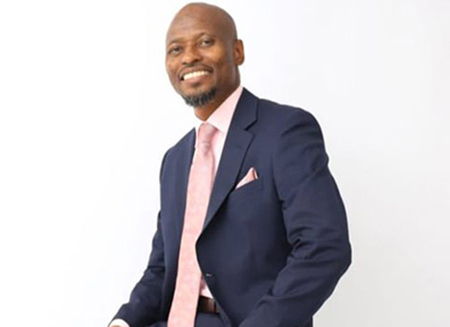
Prof Gilbert Motsaathebe
Once seen as a bastion of multiracial, multicultural and multilingual values, South Africa now stands accused of turning its back on the very linguistic and cultural diversity that made it a symbol of unity.
This was the cautionary message from Prof Gilbert Motsaathebe, a full professor affiliated with the Indigenous Language Media in Africa (ILMA) research focus area of the North-West University (NWU). He who warned that the country’s failure to prioritise indigenous languages mirrors a broader erosion of its post-apartheid ideals.
He was speaking at the recent inaugural Bi-Annual International Conference on Telecommunication and Digitality (BICTaD) hosted by UNISA’s Department of Communication Science in Pretoria.
In his keynote address titled “Indigenous language media and alternative space of participatory democracy in South Africa”, Prof Motsaathebe also questioned the effectiveness of the United Nations’ (UN’s) declaration of 2022 – 2032 as the International Decade of Indigenous Languages.
“UNESCO has declared the 10-year interregnum from 2022 to 2032 the International Decade of Indigenous Languages. This is not just a nice thing to do, it is a call to action, as indigenous languages are experiencing a decline, with some on the brink of extinction. Languages are also about rights, and those whose languages are marginalised are often pushed beyond the margins of citizenship,” he said.
However, Prof Motsaathebe voiced scepticism about whether the UN initiative will produce tangible results.
“I am not sure if UNESCO’s pronouncement will yield anything worth commenting on, judging by the fact that nothing much was achieved in 2019, which was equally hailed as the International Year of Indigenous Languages,” he added.
South Africa must act with urgency
Prof Motsaathebe also criticised South Africa’s limited progress in advancing linguistic equality.
“We must ask ourselves if we have achieved linguistic justice. To what extent have we succeeded in promoting language diversity and inclusivity? Are we sufficiently promoting our indigenous languages in public fora, including the media? Have we succeeded in challenging linguistic hierarchies, or have we simply become our own enemy agent in disguise?” he asked.
Prof Motsaathebe said these questions must be confronted with urgency, warning that failure to do so would represent a betrayal of South Africa’s revolutionary ideals.
“If we do not address these questions, it signifies a fundamental breach of the ideals of challenging colonial proclivities and truly ushering in a new society, a true rainbow nation, outside the confines of colonial hegemony,” he concluded.
